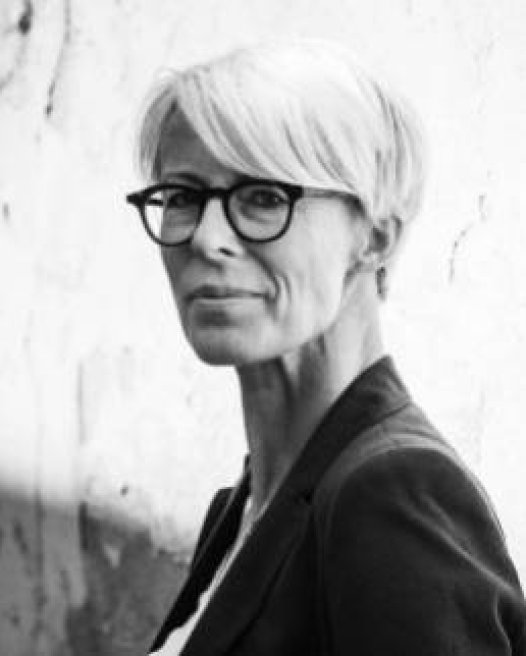Fire Mountain
If you stuff your dirty underwear into a Persil canister, sprinkle it with a handful of washing powder and give it a bit of a shake, you get similar results to using a washing machine. With a little bit of skill, you can use a streetlamp to charge your mobile phone. And a blue IKEA bag is all you need to make some money every now and then: just start your walk around the district in the morning and make sure to stuff it with piles of paper before getting to the collection centre...That is just some of the knowledge that the narrator of FM has gained over many years of intensive contact with people referred to as homeless by the majority society. What’s much more important is what has happened in his head – and it is into this vigorous mental transformation which makes words such as law, order, and system lose their meaning, that the narrator tries to invite the audience of the full-length documentary. The narrator ,who is also the author of the film, brings the audience to FM, a legendary place today that used to be situated a short way from the former Žižkov freight station. Hidden from the eyes of the public, it became a home for homeless people even before the tracks got overgrown by grass. Over the years, dozens of people moved in and out. Right from the beginning, the audience sees the author as someone who has one foot outside the system, just like people from FM. From the narrator’s voice-over we learn that it is mainly his experience with graffiti that enables him to read the code of the city differently than others. The author presents the audience with tangles of singed cables, stuffed animals stuck in tree branches, or a railway track cut by a torch, thus creating a strong visual experience. However, the author doesn’t find his experience with graffiti and balancing on the edge of the law to be enough. To be able to truly understand life at FM, he steps out of the comfort zone of an established artist and moves to the street for a few weeks.
